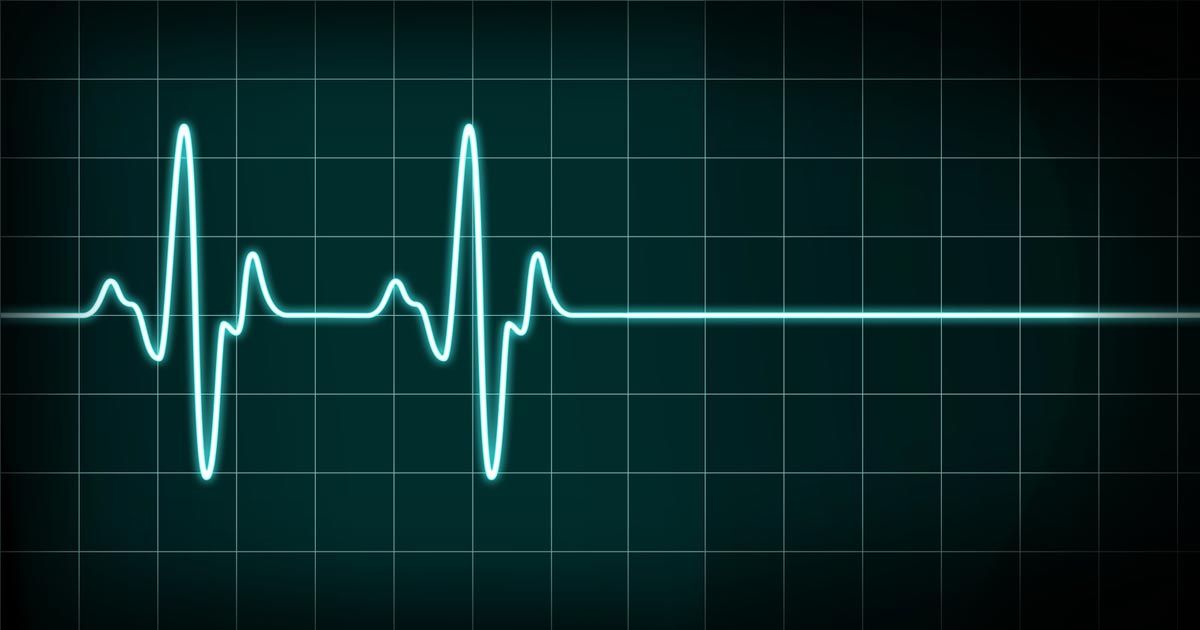“It must be the hardest part of your job.”
In my early career I would nod solemnly, sigh, and say “yes, it is,” while I thought about the myriad other things about my job I was finding harder than euthanasia:
- challenging ongoing clinical cases
- out-of-hours work
- the stress of responsibility
- the fear I was blundering along without a clue and would soon be discovered as a fraud
Euthanasia was never enjoyable, of course, but not (usually) technically very challenging. Truth be told, there was a finality to it – a sense of closure that, although I hated to admit it, gave a sense of satisfaction frequently missing elsewhere in general practice. It never felt like the hardest part of the job; not at first.
My mind wanders
As my career progressed, however, and I stopped worrying about the technicalities of it, my focus during the process of killing was free to concentrate on other things.
Where I had once been preoccupied on getting everything right, reassuring the client, making sure the patient was comfortable and everything was ready, these things now came to me naturally. So, instead, I started to think about what I was actually doing.
I’d look at my patient, watching their chests move, and realise, in a few moments, they would be dead – gone forever – and I would have been the engine of their destruction.
Whatever polite euphemisms we use to dress it up, I would have been their killer.
Right or wrong
I never doubted the rightness of what I was doing – there was, and remains, no question in my mind that a creature (including a human) can reach a point in life where only pain and suffering remains in its future. At that point it is absolutely, unequivocally the correct thing to do to end this suffering by any means – including ending that life.
I wasn’t wondering about the rightness of euthanasia, but I was wondering about the effect it was having on me.
Sometimes, when my favourite patients came through the door, as I was tickling them and saying hello and getting my face excitedly licked (usually by the pet, rather than the owner), it would sometimes cross my mind that, some day in the years to come, I would be responsible for their death.
Ugly reality
I remember going to a lecture, not long before I qualified, where the speaker told us: “You’ll find, even if you’re not religious, there’s a spiritual component to the job.”
As an atheist I remember rolling my eyes and thinking “what a load of crap”, but over the years I’ve realised the lecturer was right. Whatever you want to call it, us vets spend a significant part of our working lives dealing with the ugly realities of a topic most normal people don’t want to even think about.
However much we might not want to, we have a closer relationship with death than most people, including many doctors. I know studies are not clear on the issue, but I can’t believe this doesn’t have at least some bearing on the veterinary profession’s spectacularly high suicide rate.
Sometimes, because I’m that sort of person, I wonder exactly how many lives I have personally – actively – brought to an end. I don’t feel ashamed or guilty; in many cases, I feel proud I could help those patients and owners in their most desperate hours. But I also feel a deep sadness – a selfish and self-centred feeling of being involved in and affected by each of these emotional tragedies.
Still a mystery
I don’t have a good idea of what happens after death. I’m not sure how I could. I suspect, as I heard someone say more eloquently than me, after I die I shall be in the same state as I was when dinosaurs walked the newly formed continents.
I have a vague idea that maybe our consciousness goes around again to the beginning for another pass, never knowing it has already done it countless times before. But, despite the many times seeing death, I’m no closer to the mystery than I was at the start. All these years seeing, and causing, death, haven’t given me any insights into it, but they’ve certainly made me think about it much more than I otherwise would – and what sort of effect does that have on us?
The hardest part of the job? Maybe, in the end, that worn-out old phrase is right after all.

Leave a Reply